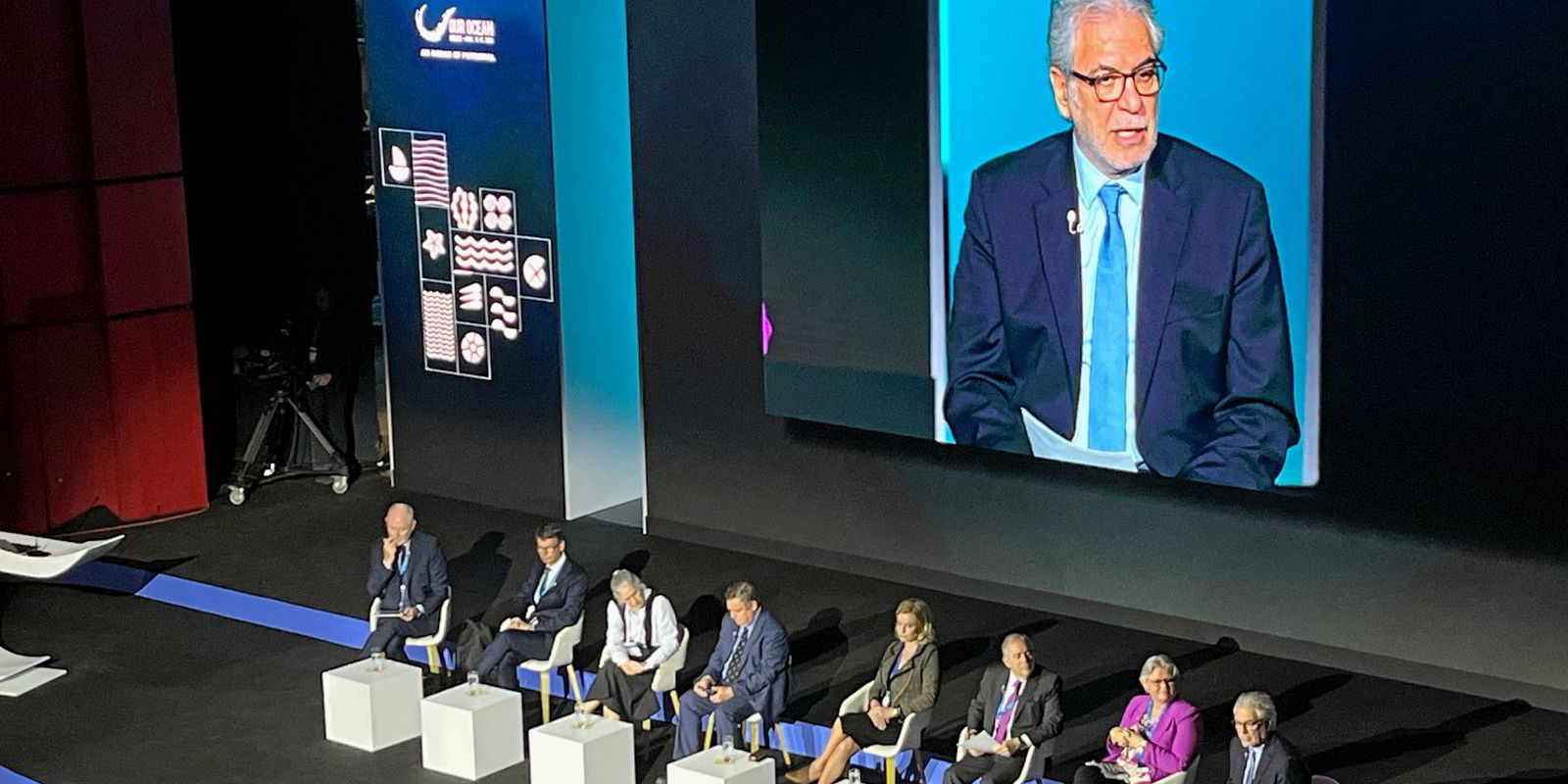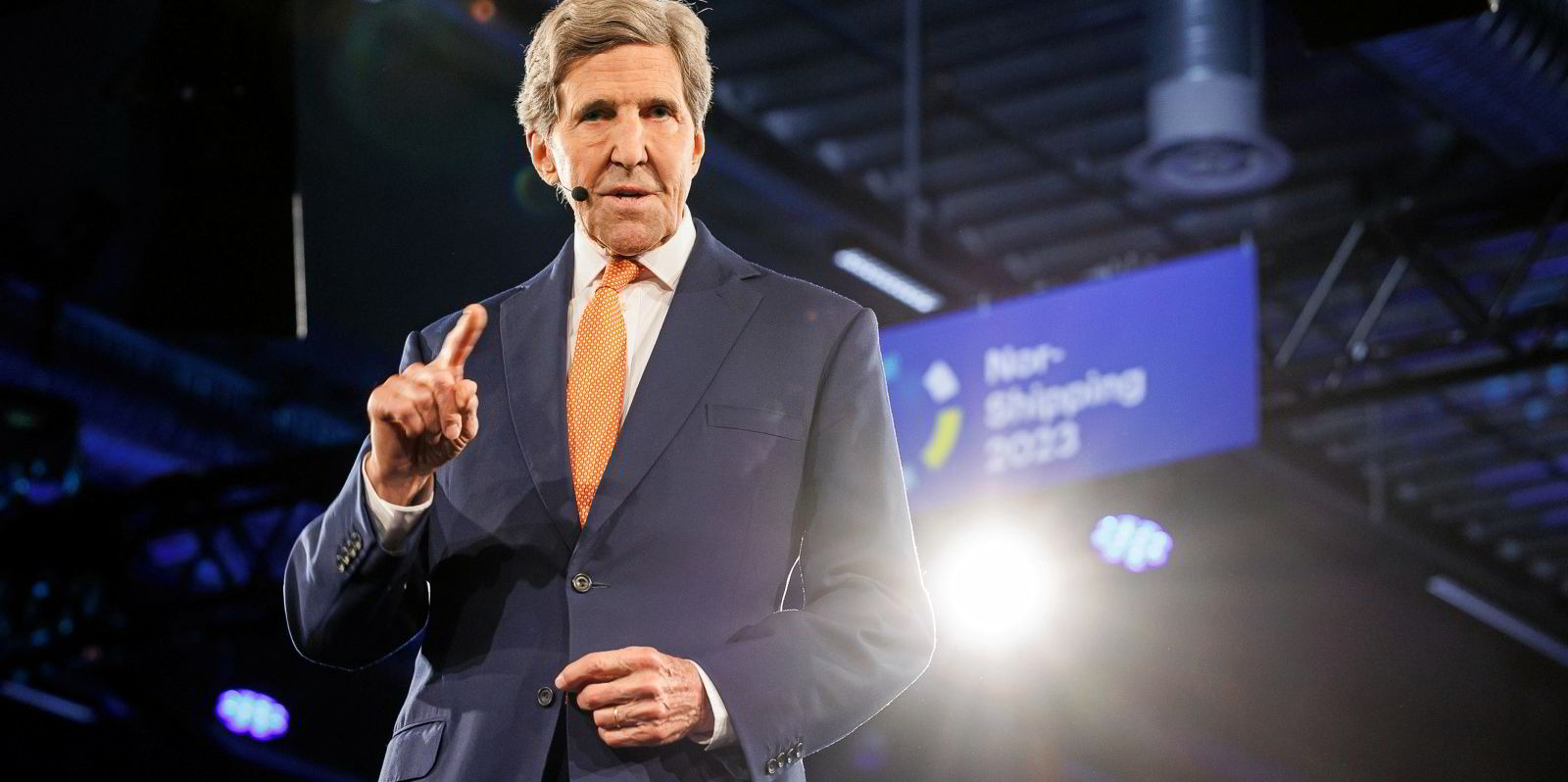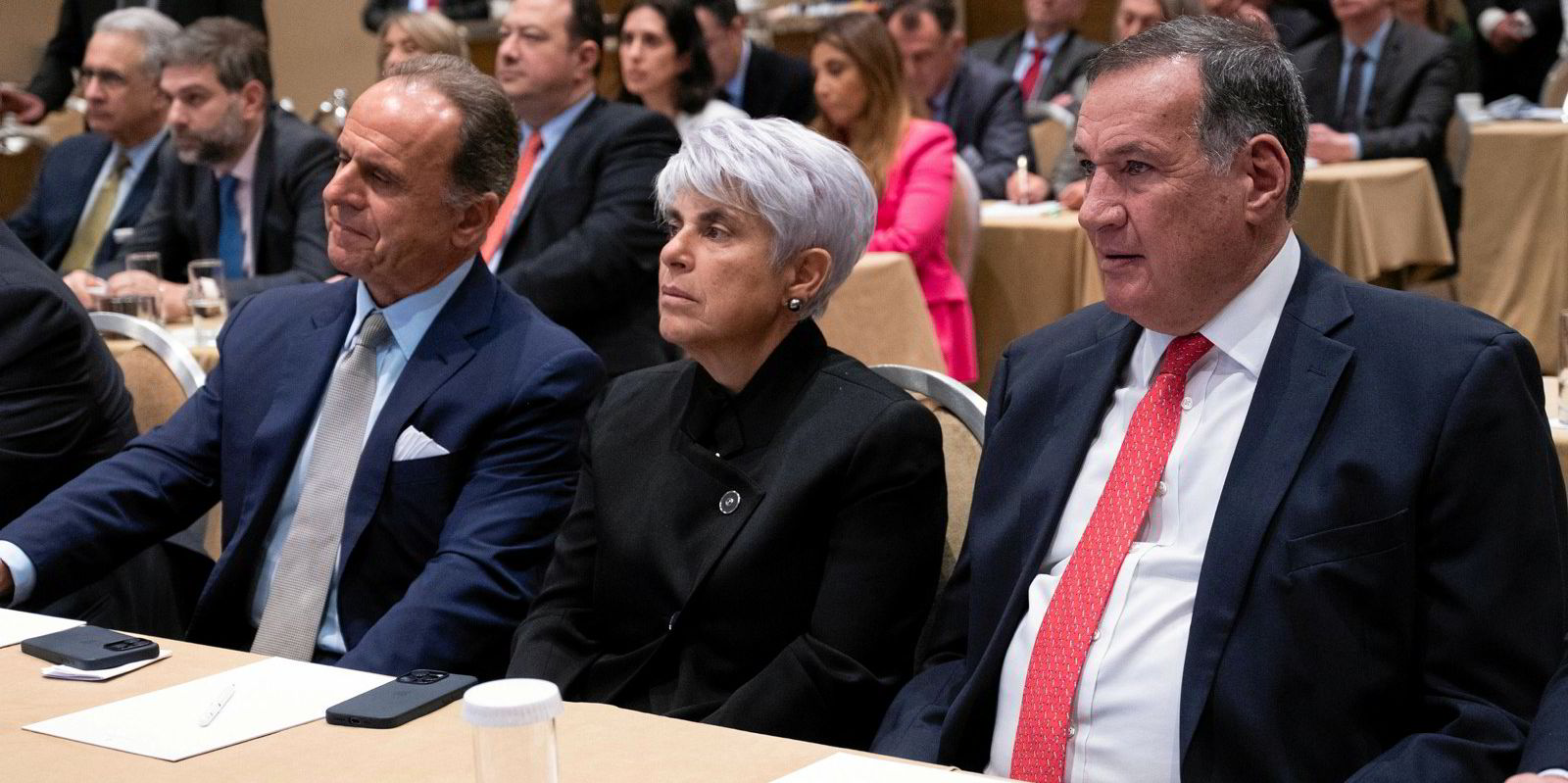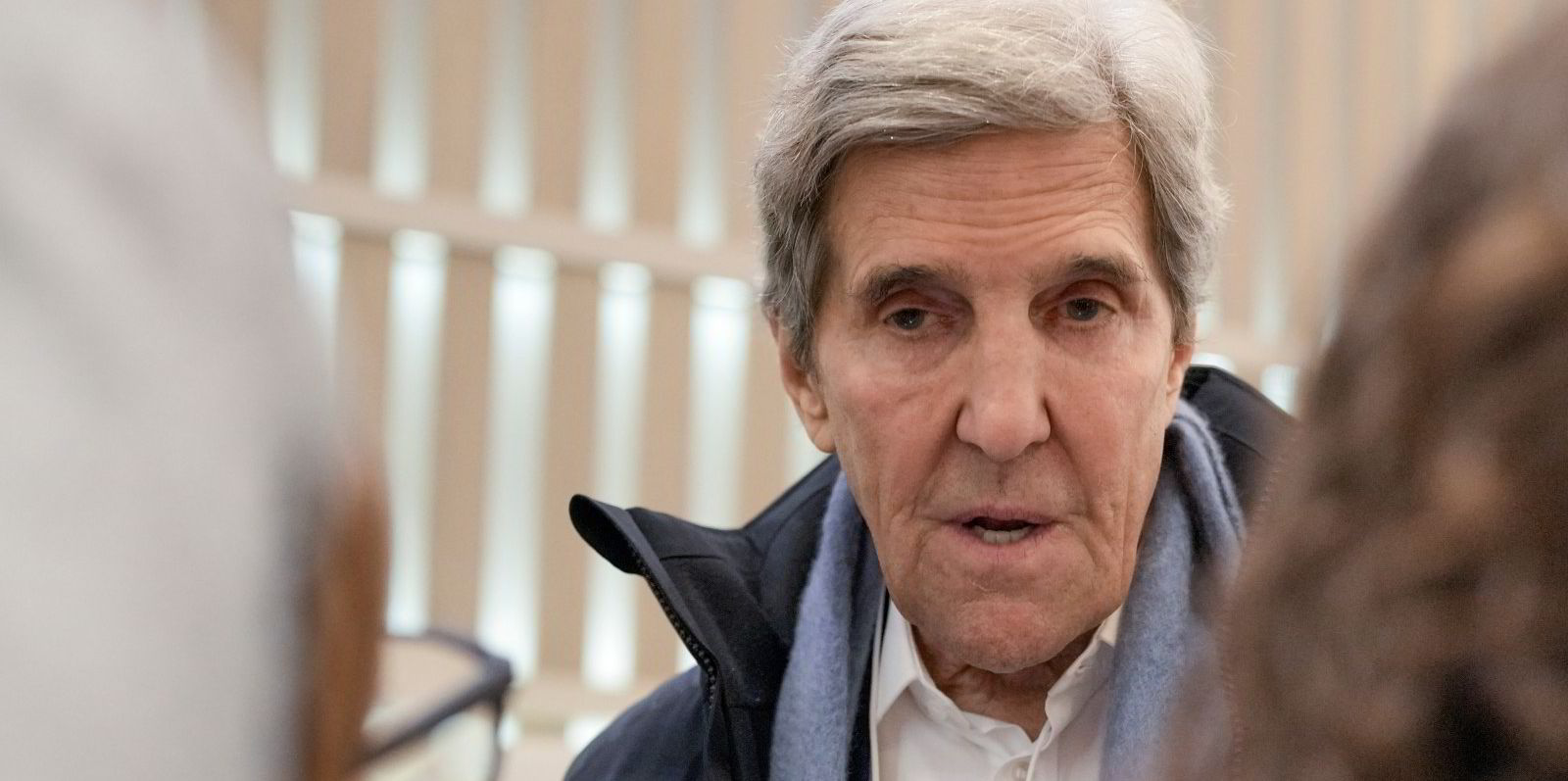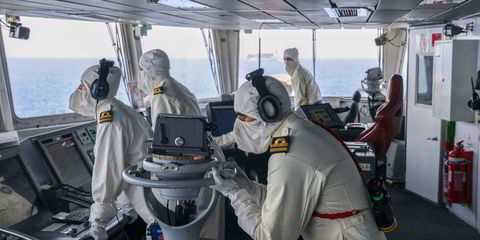Greece has reinforced its commitment to green shipping by announcing a series of initiatives to clean up its domestic ferries and accelerate decarbonisation of its global fleet.
Christos Stylianides, Greek minister of shipping, unveiled three new policies at the opening session of the Our Ocean conference in Athens on Tuesday that would be backed by up to €860m ($914m) of public money.
Greece will invest up to €500m in installing electrical hook-ups for ships in 12 ports on the mainland and the islands by 2030.
It will also implement a study of the renewal of the 200-strong Greek passenger ferry fleet and invest an initial €80m, which could rise to €360m, in lowering emissions for public ferry services over the next three to four years.
“Our oceans are essential in combatting climate change and the climate crisis in generating income and jobs,” Stylianides told the conference, which drew more than 1,000 delegates from around the world.
Greece is hosting the ninth Our Ocean conference, an annual event set up in 2014 by the US when John Kerry was secretary of state.
It is designed as a venue for governments and companies to make pledges to improve the marine environment, from shipping and fisheries to green tourism and plastics pollution.
Stylianides also committed Greece to joining the clean energy marine hubs initiative, which is part of the inter-governmental Clean Energy Ministerial project to drive solutions to the climate crisis.
Guy Platten, secretary general of the International Chamber of Shipping, speaking on the same panel, congratulated Greece for coming on board the clean energy marine hubs initiative to play its part as a shipping leader.
Platten seized the moment to speak out against the targeting of seafarers, as seen last weekend with the crew of a container ship captured by Iranian authorities.
“It is unacceptable and a breach of international law,” he said. “We call on all governments to denounce such action.”
The minister said Greece was committed to playing its part in the production, transport and use of low-carbon fuels at scale. He said he saw this as “a collective priority” in “a radical but most importantly in a realistic way”.
“Today is the day for action, not tomorrow. We have to act,” he said.
Kerry told delegates in Athens: “There could literally be no more appropriate place to focus on the existential threat to our oceans and their inexorable link to the climate crisis.”
Kerry was until recently the US presidential envoy for climate, until he stepped down from that role to focus on backing Joe Biden’s bid for election as US president.
“We’re here at the ninth Our Ocean conference to preserve and protect a world covering more than 70% of the earth. A world where we all share citizenship and where our collective action is needed to sustain the ocean’s waters, which are the source of life on the planet.”
Shipping is making progress on decarbonisation measures, observed Sue Biniaz, principal deputy special envoy for climate in the US State Department, which continues to convene the Our Ocean events.
She recalled that “there were very few adherents” at the United Nations’ COP26 climate conference in Glasgow for shipping to align with the Paris Agreement 1.5C target and the Clydebank declaration setting up so-called “green corridors” for shipping.
The adoption last summer of the revised International Maritime Organization strategy aligned with the Paris Agreement now “proves there is a lot of positive momentum”.
The questions are now how to “operationalise that strategy” with the debate over the technical fuel standard and economic measures.
The green shipping challenge launched by the US under Kerry’s initiative and Norway had driven about $3bn worth of investment by companies and governments, Biniaz added.
And the green shipping corridor initiation project set up last year would be granted another $1m to add more developing nations to the three first movers — Panama, Fiji and Libya.
Harald Fotland, president of the Norwegian Shipowners’ Association, reaffirmed its pledge to publish annually the emissions data it now gathers on the Norwegian fleet.
In 2023, it generated 24m tonnes CO2 equivalent, representing about 3% of global shipping emissions but 50% of domestic Norwegian emissions.
Since 2008, the Norwegian fleet has cut its carbon intensity by 25%. “We are on the right track,” said Fotland, who is CEO of chemical tanker owner Odfjell.
